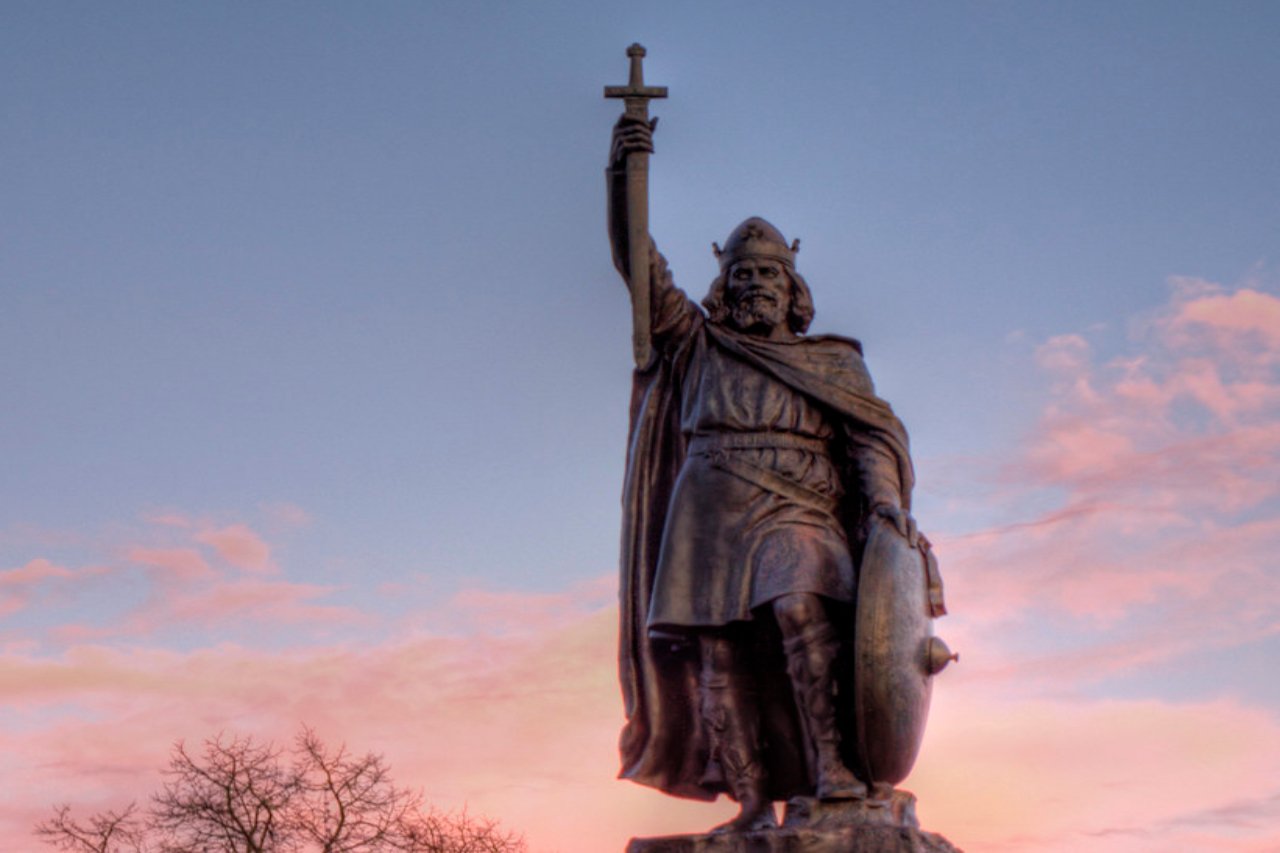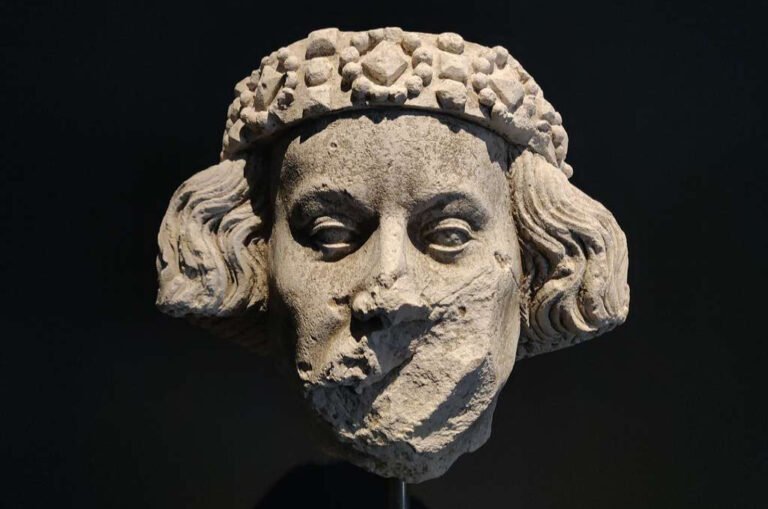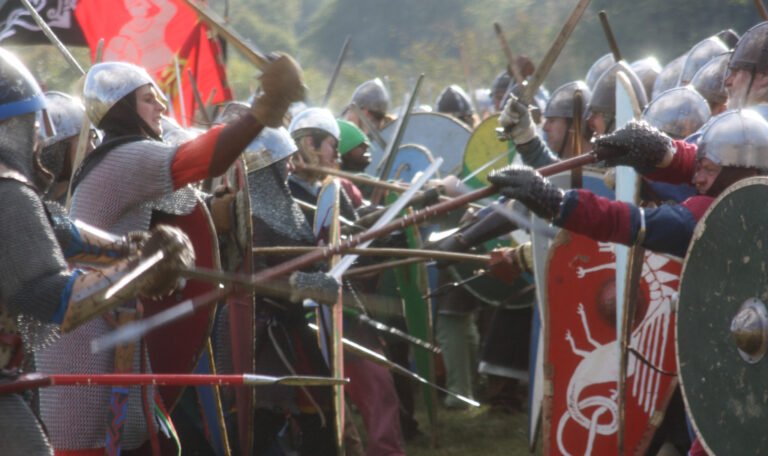King Alfred the Great is one of the foremost celebrated figures in English history. Administering from 871 to 899 AD, Alfred is best known for protecting his kingdom against Viking attacks, pioneering critical changes, and laying the establishment of a unified Britain. His rule was not only marked by military triumphs but also by social, educational, and legal accomplishments that left a persevering legacy. In this article, we’ll pursue the life of King Alfred, his accomplishments, and why he was the only English ruler to gain the title “the Great.”
Early Life of Alfred the Great
Alfred was born in 849 AD in the regal town of Wantage in Oxfordshire, as the youngest child of King Æthelwulf of Wessex. Despite his early struggles with sickness, Alfred’s intelligence and interest were noted from a young age. He traveled to Rome as a child, which exposed him to the rich Christian heritage of Europe and left an enduring impression on his devout convictions.

Alfred’s Rise to Power
Alfred became lord of Wessex in 871 AD, following the passing of his elder brothers. His ascension happened during a tumultuous time for the Anglo-Saxon kingdoms, as they were under constant danger from Viking intruders. Upon taking the position of royalty, Alfred inherited a kingdom on the verge of collapse, but he decided to reestablish stability and security.
The Viking Invasions
The Viking Age had a profound impact on England during Alfred’s reign. Danish Viking forces were particularly aggressive, seeking to conquer and settle Anglo-Saxon territories. The Great Heathen Army, a formidable Viking force, had already ravaged much of England by the time Alfred became king.
Alfred’s Military Strategies
Alfred’s most critical challenge was protecting his kingdom from the Vikings. He reorganized the military by building up a standing armed force and built a naval force to fend off Viking ships. His most popular triumph came in 878 AD at the Battle of Edington, where he decisively defeated the Danes, forcing them to retreat and agree to peace terms.
One of Alfred’s most innovative techniques was the creation of fortified towns, known as burhs. These protective structures helped secure the local population and gave a solid base for resisting Viking attacks.
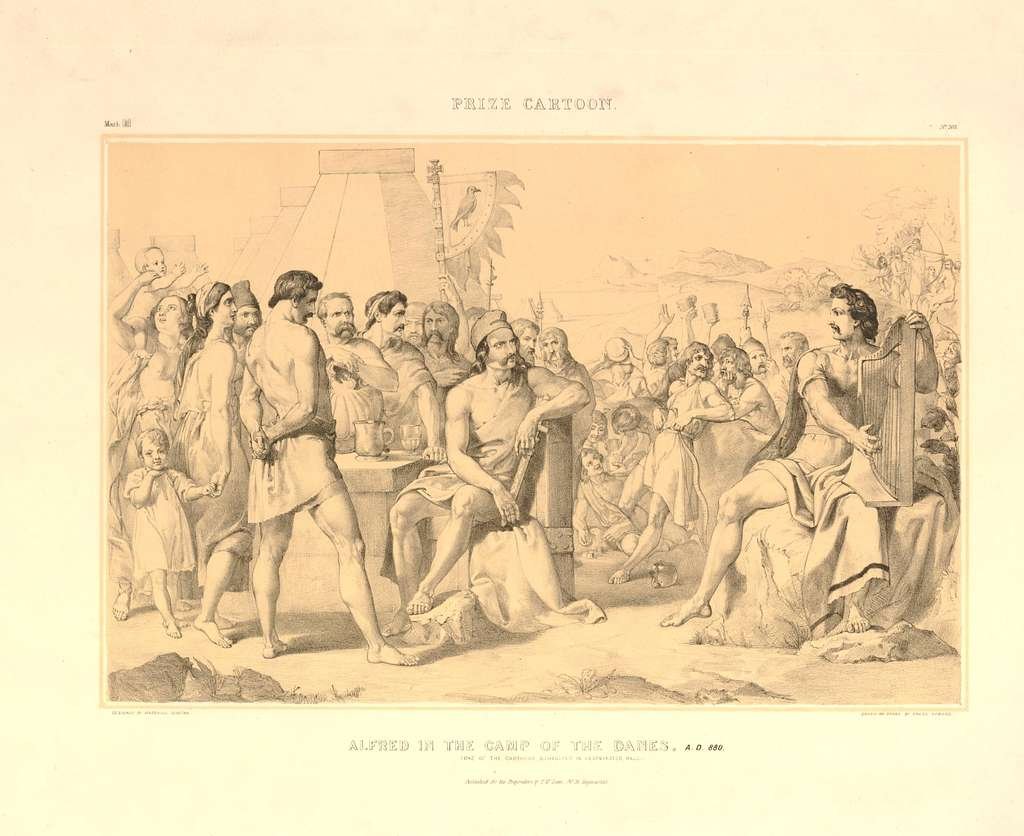
The Treaty of Wedmore
Following Alfred’s triumph at Edington, he negotiated the Treaty of Wedmore with the Viking leader Guthrum. This treaty successfully partitioned Britain into two locales: the Danelaw, under Viking control, and Wessex and its surrounding regions, under Alfred’s rule. This agreement brought relative peace to the locale and allowed Alfred to focus on modifying his kingdom.
Alfred’s Reforms
Alfred wasn’t just a warrior; he was also a visionary leader who understood the importance of governance, education, and justice. He initiated several important reforms:
- Educational Reforms: Alfred sought to revive learning and literacy among his people. He invited scholars to his court and encouraged the translation of important Latin texts into Old English, making knowledge more accessible to his subjects.
- Legal Reforms: Alfred is known for creating a unified code of laws, based on a combination of Christian principles and traditional Anglo-Saxon laws. His legal reforms helped establish a sense of fairness and justice in his kingdom.
- Administrative Reforms: To ensure the kingdom’s safety and prosperity, Alfred reorganized the military and local governance systems, strengthening the realm’s defenses and improving its administrative efficiency.
The Cultural Revival under Alfred
Alfred’s rule is frequently considered a cultural renaissance in Anglo-Saxon Britain. He was a patron of the arts, encouraging the generation of literature and historical works. One of his most striking accomplishments was commissioning the Anglo-Saxon Chronicle, a historical record that gives an important understanding of early English history.
Alfred’s Religious Devotion
Alfred was deeply religious and believed that God’s favor was essential to the success of his kingdom. His reign was marked by efforts to strengthen the Church, rebuild monasteries, and promote Christian education. His faith informed many of his decisions, and he viewed his role as king as a divine responsibility.
Alfred’s Legacy as ‘The Great’
Alfred’s title of “The Great” is a confirmation of the enduring impact of his rule. His capacity to protect Wessex from the Vikings, his visionary changes, and his efforts to advance learning and justice made him one of the most respected rulers in English history. Alfred’s rule laid the foundation for the eventual unification of Britain under his descendants.
The Myth and Reality of Alfred
Over the centuries, numerous legends have grown around Alfred, the most popular being the story of how he burned the cakes while hiding from the Vikings. While a few of these stories may be exaggerated, they talk about Alfred’s enduring reputation as a shrewd and humble ruler.
The Impact of Alfred’s Reign on Modern England
Alfred’s influence extended beyond his lifetime. His legal and administrative reforms became the foundation for English governance, and his efforts to preserve and promote Anglo-Saxon culture ensured that England’s identity remained strong in the face of Viking pressures.
King Alfred in Popular Culture
Alfred’s life has been immortalized in books, movies, and TV shows. He is often depicted as a heroic figure, exemplifying the strength and assurance of the English people. His legacy proceeds to motivate eras, making him a symbol of national pride.
Alfred’s Death and Succession
Alfred died in 899 AD, likely due to health issues that had plagued him all through his life. He was succeeded by his son Edward the Elder, who proceeded with his father’s approaches and eventually unified Britain. Alfred was buried in Winchester, the capital of Wessex.
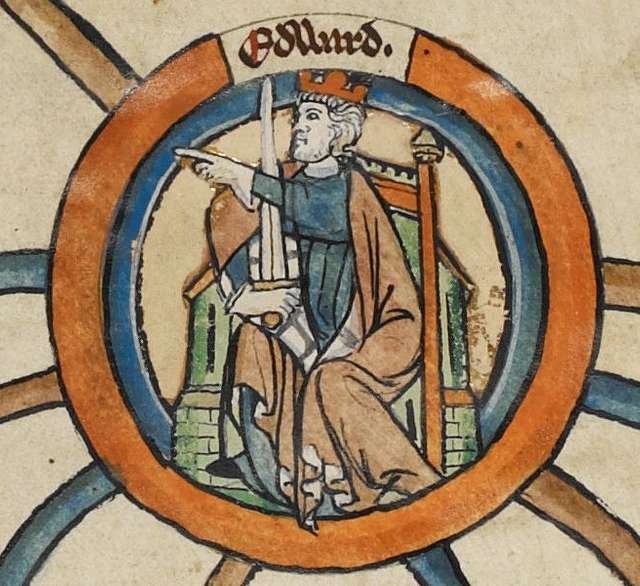
Conclusion
King Alfred the Great remains one of the most imperative rulers in English history. His military capacity, coupled with his devotion to education, law, and culture, left a permanent mark on Britain. His rule set the stage for the unification of Britain and set up principles of administration that are still valued nowadays. Alfred’s legacy endures since he was not just a warrior king but a shrewd and just ruler who cared profoundly for his people and his kingdom.

